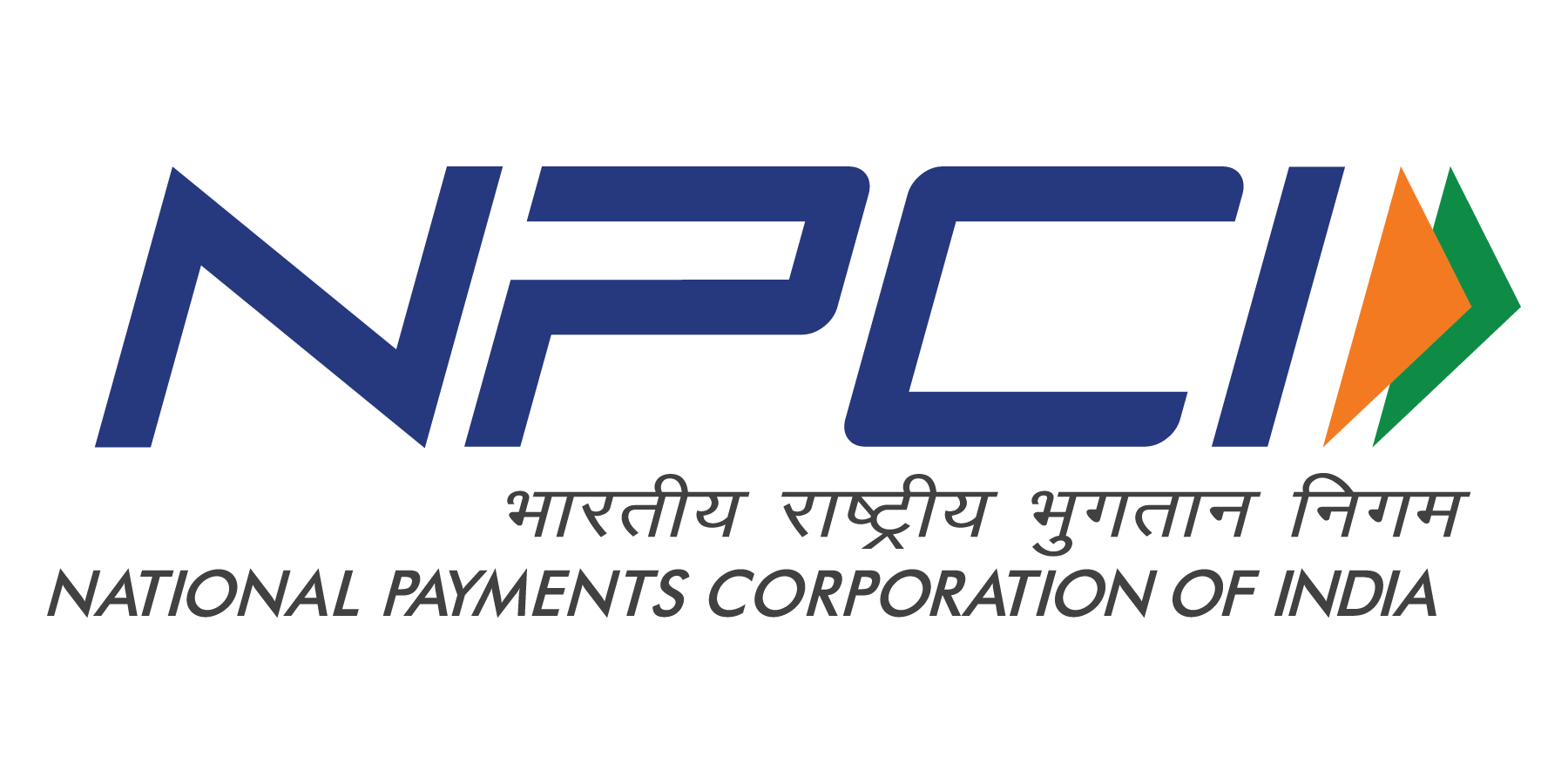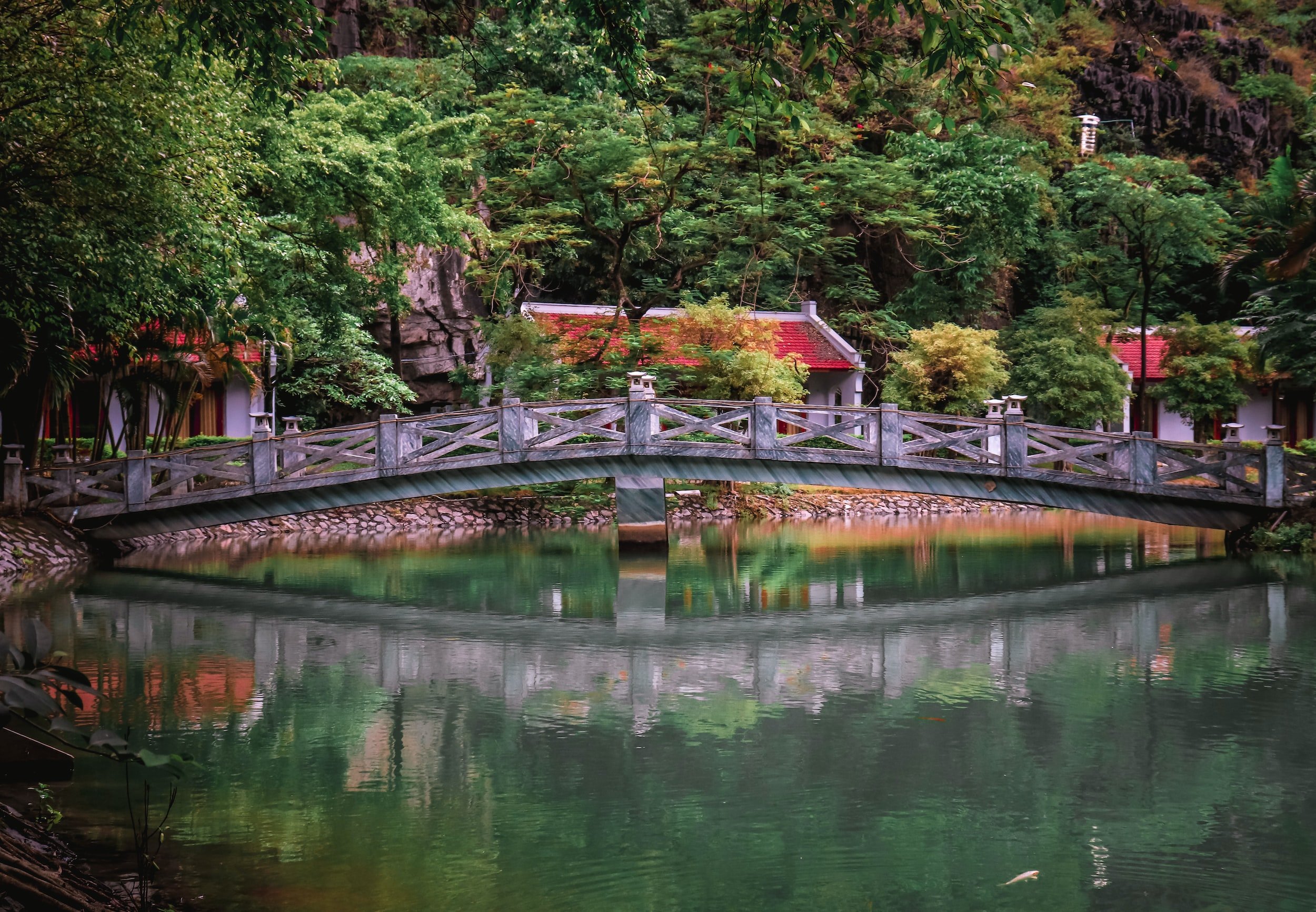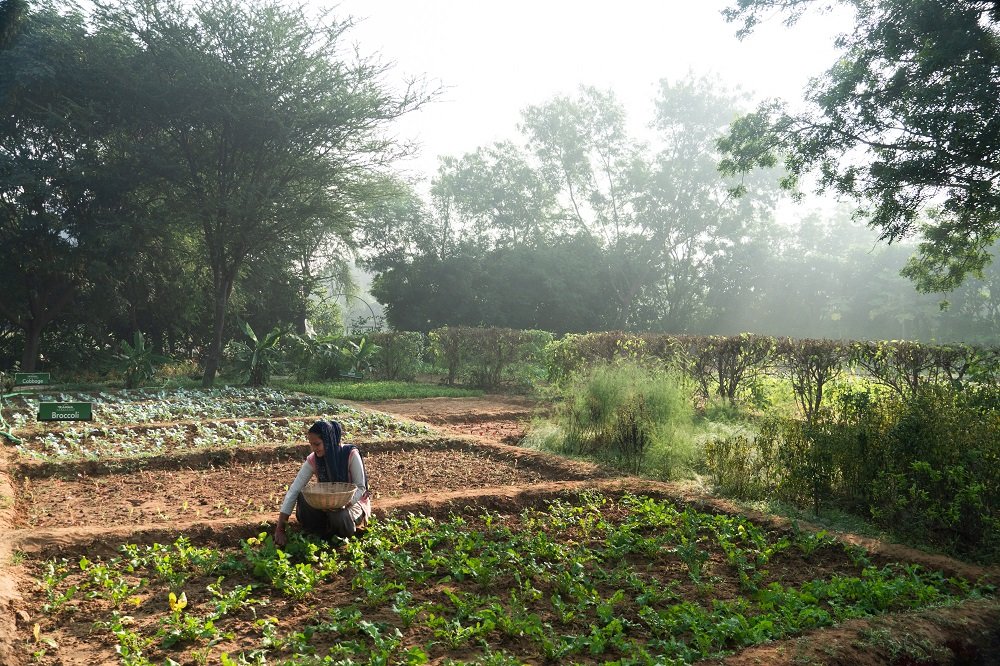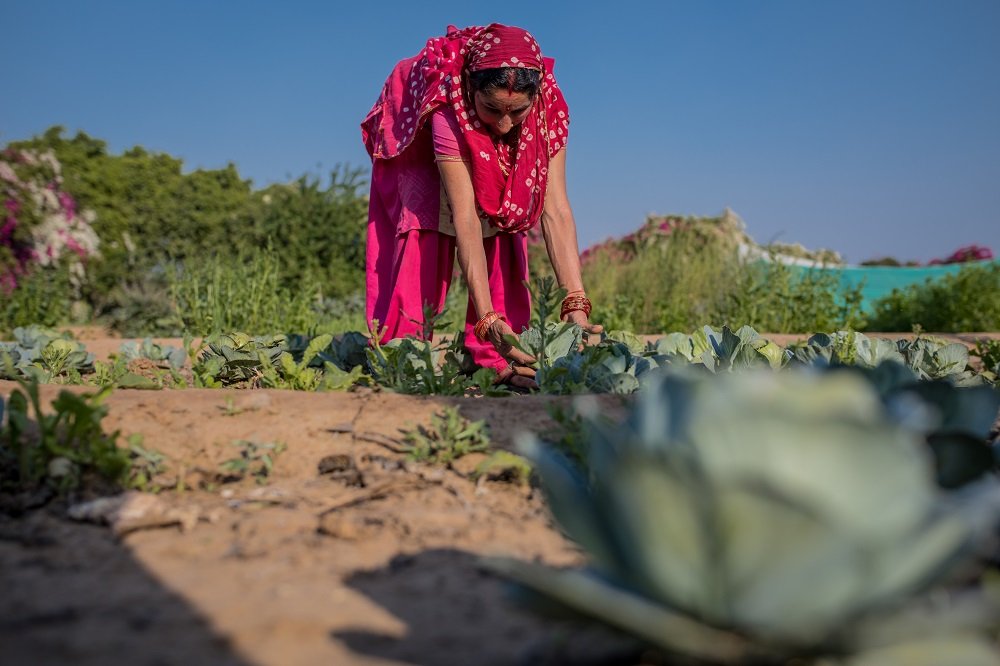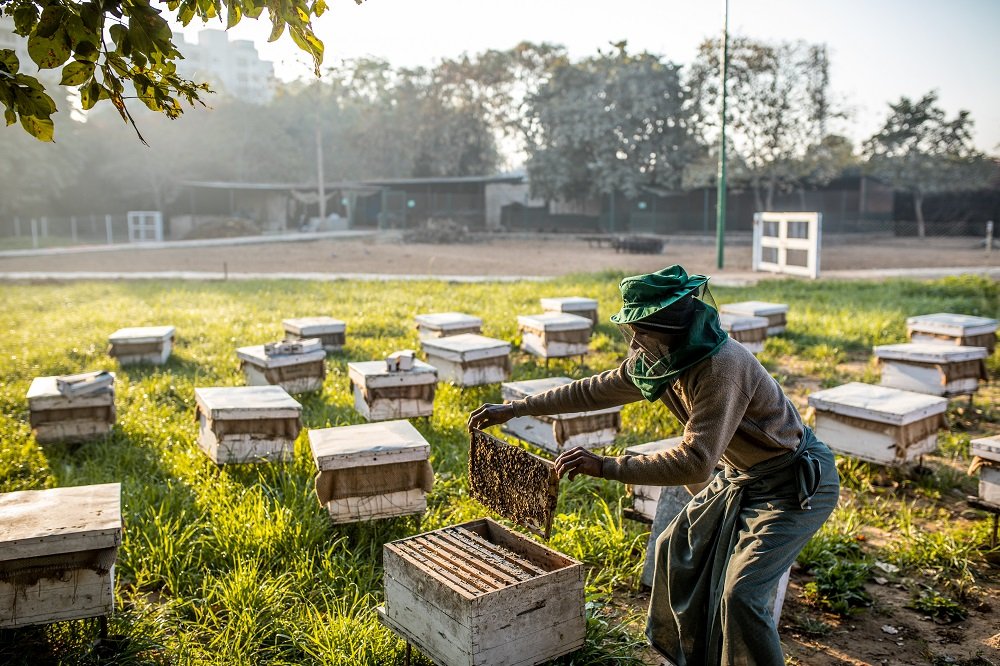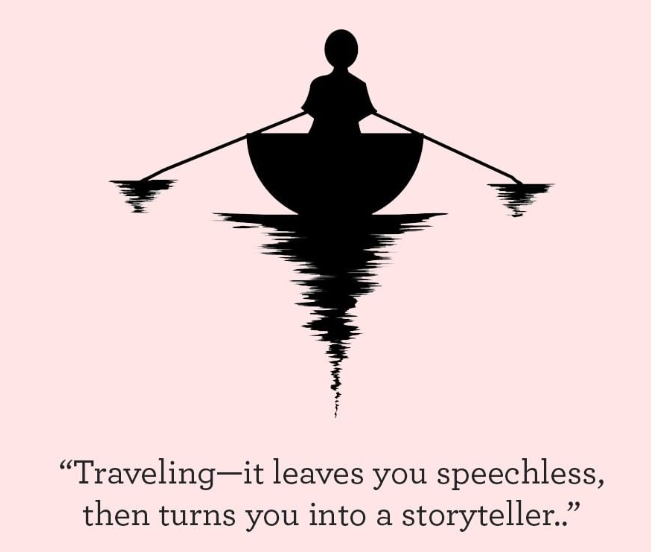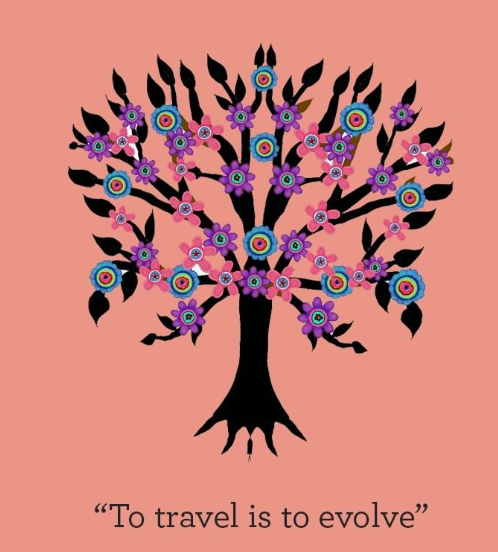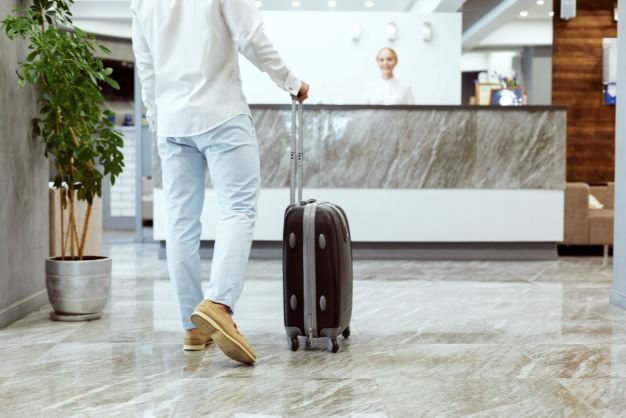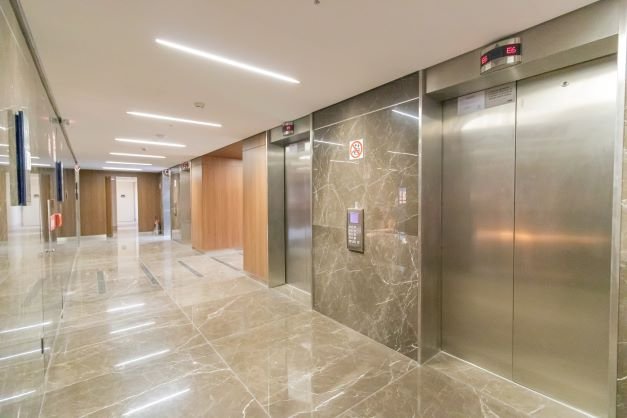Hospitality Redefined: Key Trends Shaping Guest Experiences in 2025
/As we step into 2025, the hospitality industry stands poised at the threshold of transformative change. This evolution is driven by the convergence of innovation, heightened creativity, and the ever-evolving expectations of modern travelers. At our resort, we see these shifts not merely as trends but as unparalleled opportunities to redefine luxury, cultivate deeper connections, and enrich every guest experience.
Compassion as the Cornerstone of Hospitality
In 2025, we aspire to emerge as the most compassionate brand in the hospitality sector. By nurturing a culture of empathy and personalized service, we aim to reintroduce the warmth of Indian hospitality to the global stage. Every guest who walks through our doors becomes a part of our extended family, cared for with attentiveness that stems from a deep respect for their individuality and needs.
Specialized Experiences for Diverse Guest Profiles
A one-size-fits-all approach no longer suffices in the diverse landscape of today’s hospitality industry. At our resort, we embrace a specialized approach tailored to the unique needs of different guest segments. Whether hosting MICE groups, weddings, social events, or corporate crews, or catering to solo travelers and families, our focus is on creating personalized experiences that resonate on a deeper level.
Wellness Beyond Boundaries
Wellness in 2025 transcends the traditional confines of spa treatments and fitness centers. Guests now seek holistic well-being that integrates physical, mental, and emotional balance. To meet this demand, we offer:
Organic dining options, ensuring nutrition is as delightful as it is wholesome.
Mindful room designs, blend aesthetics with comfort for a rejuvenating stay.
Nature-inspired activities and yoga sessions that allow guests to reconnect with themselves and the environment.
Our commitment is to provide every guest with opportunities to rediscover balance and harmony, creating spaces where well-being becomes an intrinsic part of their journey.
Inclusivity and Safety at the Core
Guests today seek more than luxurious amenities; they desire a sense of belonging and safety. From dedicated spaces for relaxation to enhanced health and security measures, we ensure every guest feels valued, celebrated, and cared for. Moreover, culturally immersive experiences offer a gateway to the richness of local heritage, creating memories that linger long after their stay.
Adapting to Generation Beta
As we welcome Generation Beta, hospitality must evolve to meet the expectations of this tech-savvy and experience-driven cohort. Personalization becomes paramount, with services that seamlessly integrate innovation and human touch. By continuously refining our processes, we remain at the forefront of defining luxury in a way that resonates with this new generation.
Compassion Begins with Our People
The foundation of compassionate hospitality lies in the people who bring it to life. By fostering an environment of flexibility, ownership, and teamwork, we empower our teams to enhance creativity and deliver unparalleled service. Just as we care for our guests, we are equally dedicated to nurturing our team members, believing that their happiness and inspiration are key to creating extraordinary guest experiences.
A Vision for the Future
As we navigate these dynamic shifts in 2025, our mission remains steadfast: to create sanctuaries where the extraordinary feels effortless. In these havens, every guest feels seen, valued, and inspired to return. By embracing compassion, innovation, and personalization, we aim to transform the future of hospitality into one defined by authentic connections and unforgettable experiences.
In 2025, the future of hospitality is not just about meeting expectations; it is about exceeding them with empathy, creativity, and a relentless commitment to excellence. Welcome to a new era of heartfelt hospitality.
Article Written by:
Nilisha Ghuliani, Vice President of Clarks Exotica Convention Resort and Spa












